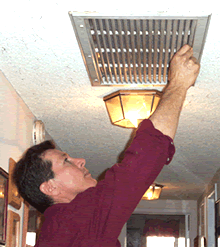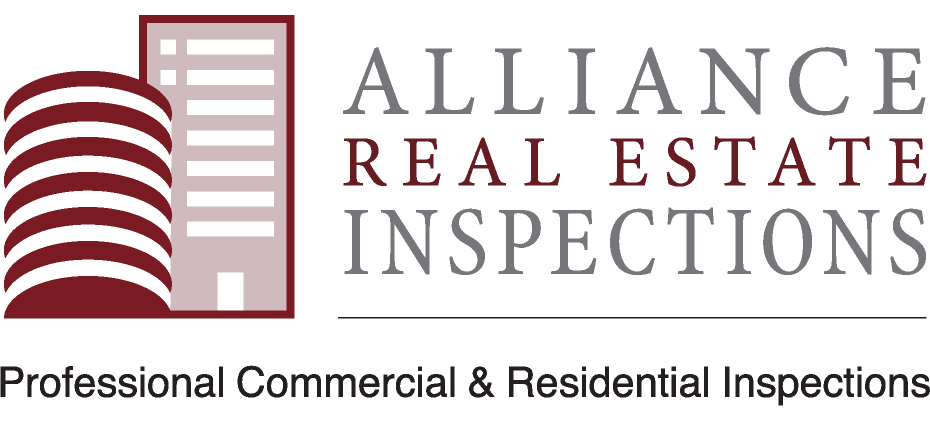
 Our purpose as general inspectors is to look for defects, flag them and then defer you to the appropriate specialist(s). Because the general inspection is non-intrusive, the inspector can’t excavate or dismantle anything to access components. It is the specialist’s job to do a more thorough investigation of the specific system in its entirety. For example, when your doctor recommends you see a dermatologist, at that point he probably won’t check your whole body or do tests. Similarly, when the general inspector recommends a qualified professional for that system, it may not be necessary for the inspector to continue examining that component at length.
Our purpose as general inspectors is to look for defects, flag them and then defer you to the appropriate specialist(s). Because the general inspection is non-intrusive, the inspector can’t excavate or dismantle anything to access components. It is the specialist’s job to do a more thorough investigation of the specific system in its entirety. For example, when your doctor recommends you see a dermatologist, at that point he probably won’t check your whole body or do tests. Similarly, when the general inspector recommends a qualified professional for that system, it may not be necessary for the inspector to continue examining that component at length.
 Should you schedule the specialist or just forward the inspection report?
Should you schedule the specialist or just forward the inspection report?
Often, the specialist will rely solely on the general inspector’s report and not examine the system in person. We do not recommend this. When inspector’s recommendations aren’t followed and the items that the inspector flagged aren’t physically examined comprehensively by a qualified specialist, your client has a greater risk of encountering unexpected problems that likely would have been discovered by the specialist.
What if the licensed professional’s opinion conflicts with the inspection report?
Occasionally, the specialist’s opinion differs from the inspector’s findings. Remember, our job is to note defects or flag anything that could be a problem. The professional must then determine any actual problems and their severity. If the licensed professional challenges the inspector’s call, have the licensed specialist put his opinions in writing. If he’s confident in his knowledge, he will do it. If the licensed professional refuses to put it in writing, you should get another opinion.
